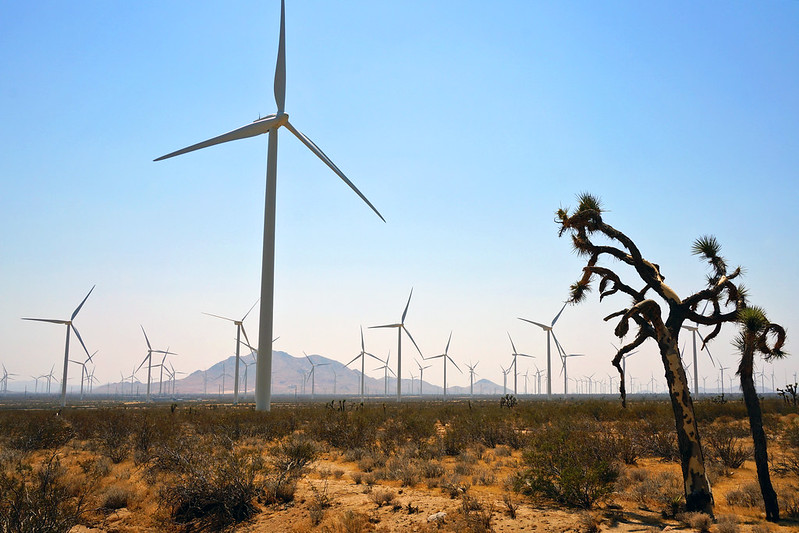Three great stories we found on the internet this week.
Wading in
The Mormon Church has begun to take a public stand on environmental issues that affect the Salt Lake Valley, where it’s headquartered. At conferences, bishops have spoken out about the importance of water conservation, including a speech this past spring in which a bishop presented plans to donate church-owned water to the Great Salt Lake.
The donation — a small reservoir’s worth of water — won’t in itself fix the drought-stressed lake. But it’s a big deal that the church is speaking publicly and taking measures like this in Utah, where many legislators, and about 60 percent of residents, are Latter-Day Saints.
The stakes are high. “The air we breathe, the water we drink and the very food we eat are all affected by Great Salt Lake,” Timothy Hawkes, a church member and general counsel for the Great Salt Lake Brine Shrimp Cooperative, told the Washington Post. “A lot of people are living here. But they wouldn’t if it was a toxic dust bowl.”
Read more at the Washington Post
Easier, breezier
A new rule proposed by the US Bureau of Land Management would make wind and solar development more efficient. The rule would reduce the fees that developers pay for energy projects on public lands by 30 percent and shorten the approval process.

Developers and advocates alike see the rule as an important step in the clean energy transition. “This rule recognizes that if we want to see renewable energy developed at a sustainable and meaningful pace on public land, there need to be rules that are conducive to that,” Bobby McEnaney, director of the Natural Resources Defense Council’s Dirty Energy Project, told Grist.
Seeking shelter
As more and more asylum seekers arrive in Chicago, city-run shelters are overwhelmed. That’s where volunteer-run community shelters come in. In fact, the conditions — and the level of care — at community shelters are often better than those at the city’s shelters.
Weighed down by negative news?
Our smart, bright, weekly newsletter is the uplift you’ve been looking for.One community based shelter in the Pilsen neighborhood is a recently converted warehouse that can now house more than 200 people, and migrants can stay as long as they need. It has earned the nickname Todo Para Todos — Spanish for “everything for everyone.”
Volunteer Kathleen Murphy noted that the Pilsen shelter could serve as a model. “There are warehouses like this all over,” she said.










